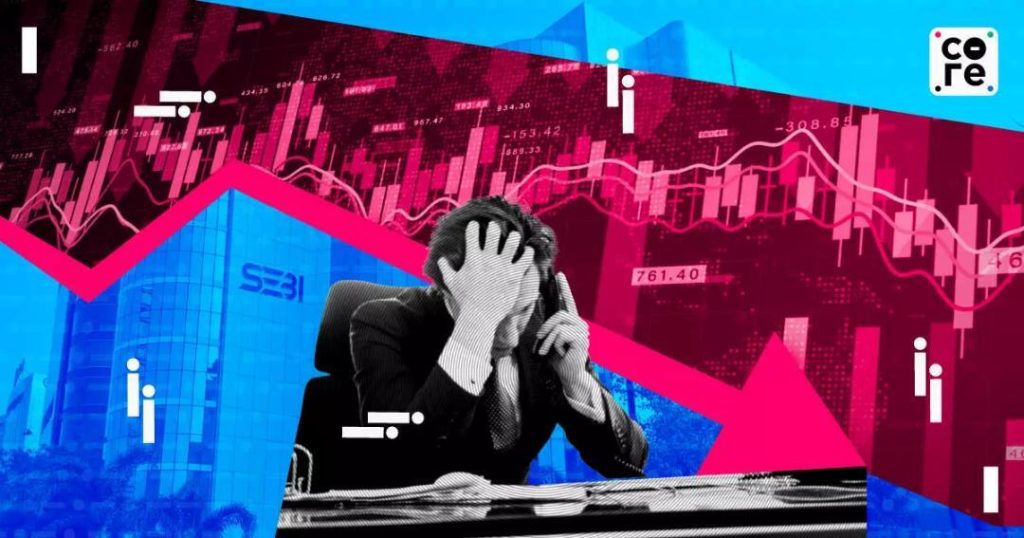
Retail Investors Lose Big as Algos Dominate Derivatives Market
The Indian derivatives market has been booming in recent years, with more and more individuals turning to trading to make a quick buck. However, a closer look at the market reveals a disturbing trend: retail investors are losing big, and it’s not just because they’re making bad decisions. Sophisticated algorithmic traders dominate the market, making it increasingly difficult for small, often inexperienced players to succeed.
According to a recent report by The Core, the situation is dire. Retail investors are at the mercy of techno-giants, who use their advanced technology and resources to corner the market. As a result, losses are mounting, and the question on everyone’s mind is: what’s being done to level the playing field?
The rise of algorithmic trading has changed the game entirely. Gone are the days of individual traders making informed decisions based on market analysis and gut instinct. Today, advanced algorithms and high-frequency trading (HFT) systems are the norm. These sophisticated systems can execute trades in a matter of milliseconds, giving them a significant advantage over human traders.
For retail investors, this means playing catch-up against a seemingly insurmountable opponent. Without the resources to compete with the techno-giants, small investors are left to fend for themselves in a market that’s increasingly unforgiving.
The numbers are staggering. According to a recent report by the Securities and Exchange Board of India (SEBI), retail investors have lost over Rs 1.5 lakh crore in the derivatives market in the past year alone. This figure is expected to continue to rise as more and more individuals jump into the market, unaware of the risks involved.
The story is not unique to India. Globally, the rise of algorithmic trading has led to a similar trend of retail investors losing out to sophisticated traders. In the US, for example, the Securities and Exchange Commission (SEC) has reported a significant increase in retail investor losses due to HFT systems.
So, what’s driving this trend? One major factor is the proliferation of trading apps and platforms. Gone are the days of having to physically visit a trading floor or broker’s office to make a trade. Today, anyone with a smartphone can access the market, making it easier than ever for retail investors to get involved.
However, this convenience comes at a cost. Trading apps and platforms often lack the safeguards and regulations that are in place for traditional trading methods. As a result, retail investors are left to fend for themselves, with little to no guidance or support.
Furthermore, the rise of social media has created a culture of instant gratification, where traders are encouraged to take risks and speculate on the market. This can lead to impulsive decisions, as traders chase quick profits without fully understanding the risks involved.
So, what can be done to level the playing field? One major step is to increase awareness and education among retail investors. This can be achieved through targeted campaigns and initiatives that educate traders on the risks and benefits of derivatives trading.
Additionally, regulators must play a more active role in ensuring that the market remains fair and transparent. This includes implementing stricter regulations on algorithmic trading and HFT systems, as well as providing more guidance and support to retail investors.
Finally, trading apps and platforms must take responsibility for the role they play in the market. This includes implementing safeguards and risk management tools, as well as providing more transparent and accessible information to traders.
In conclusion, the rise of algorithmic trading has created a significant challenge for retail investors in the derivatives market. As the odds are stacked against small, often inexperienced players, it’s essential that we take a closer look at the role of technology in market participation. By increasing awareness and education, implementing stricter regulations, and providing more support and guidance to retail investors, we can level the playing field and create a more inclusive and sustainable market for all.






